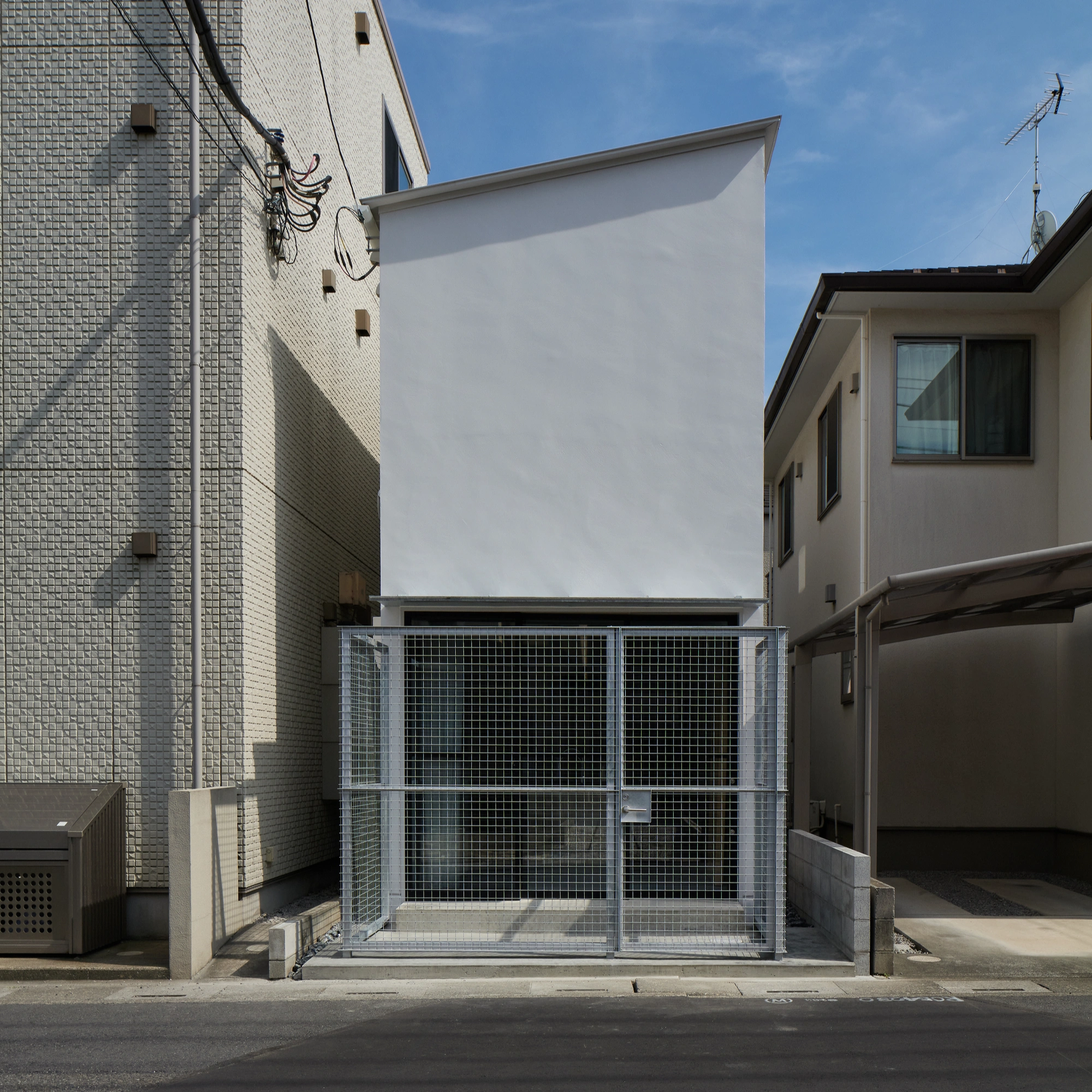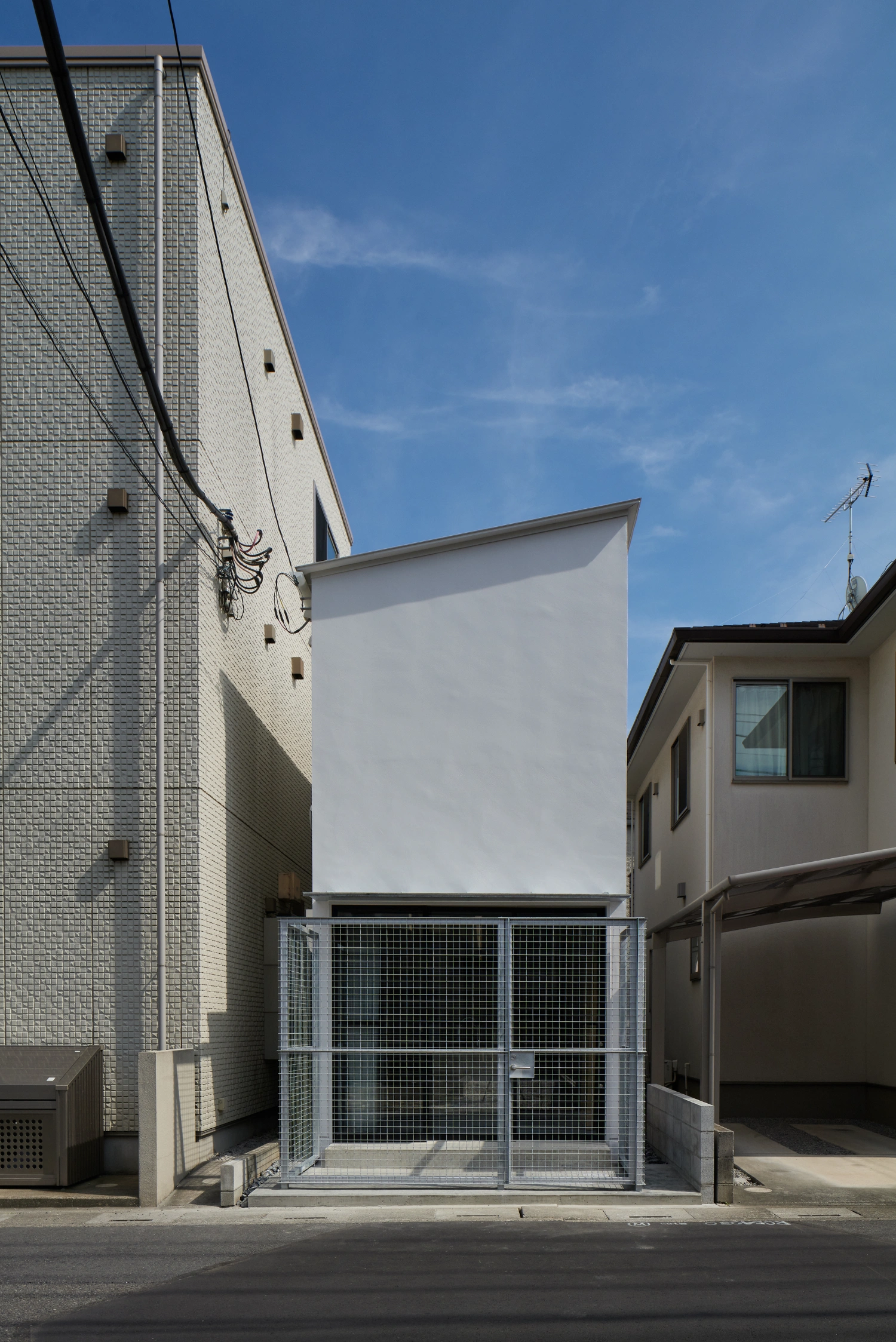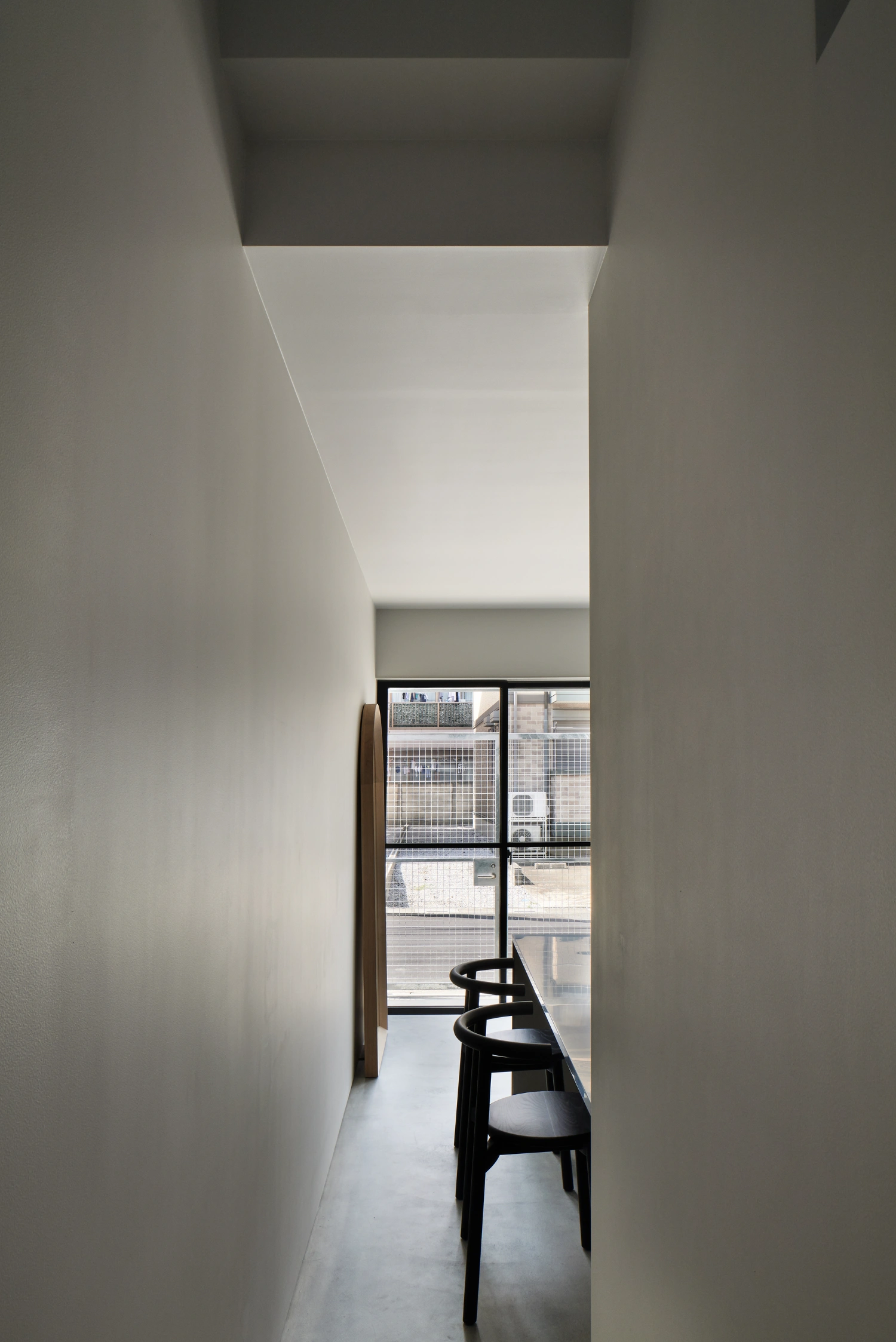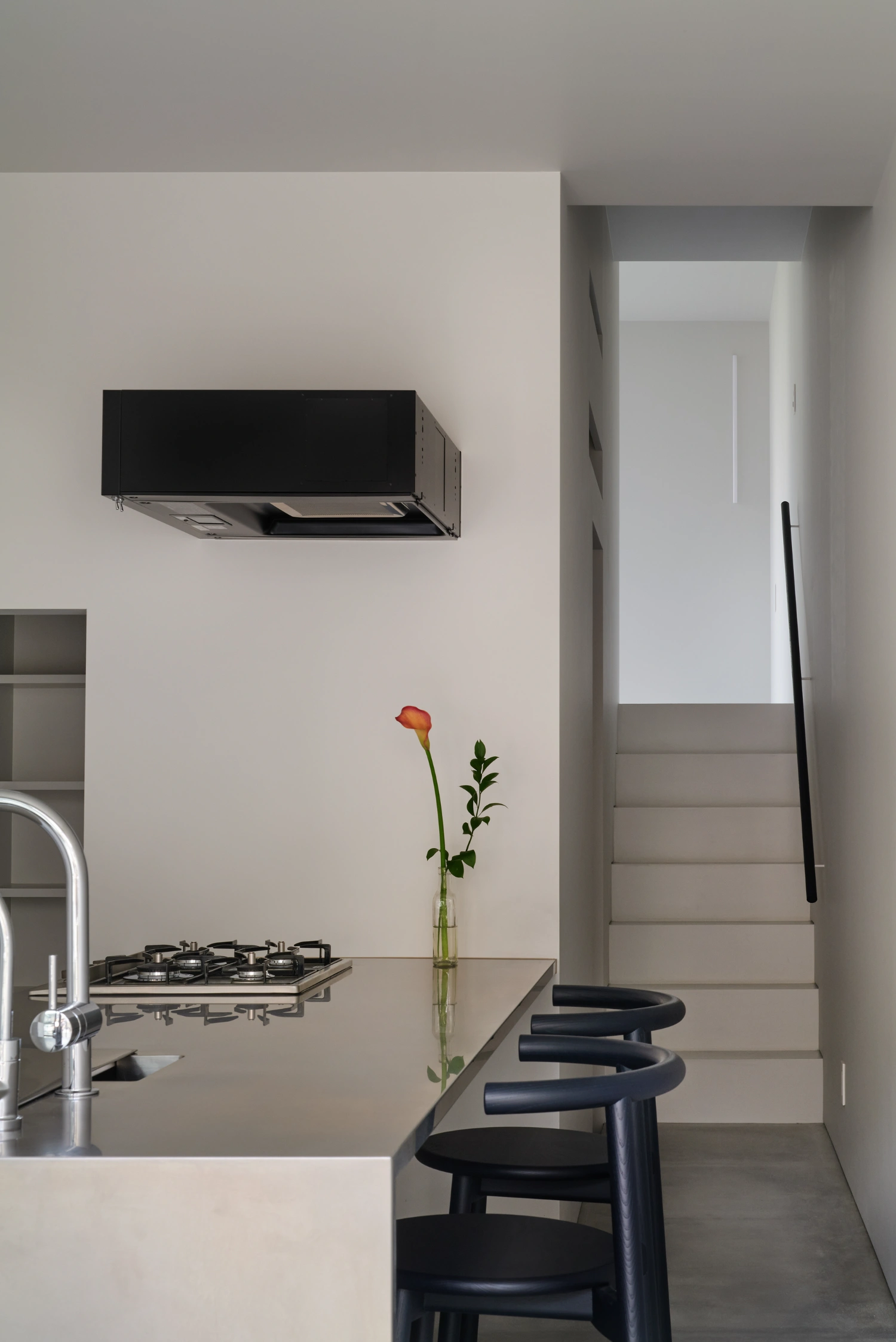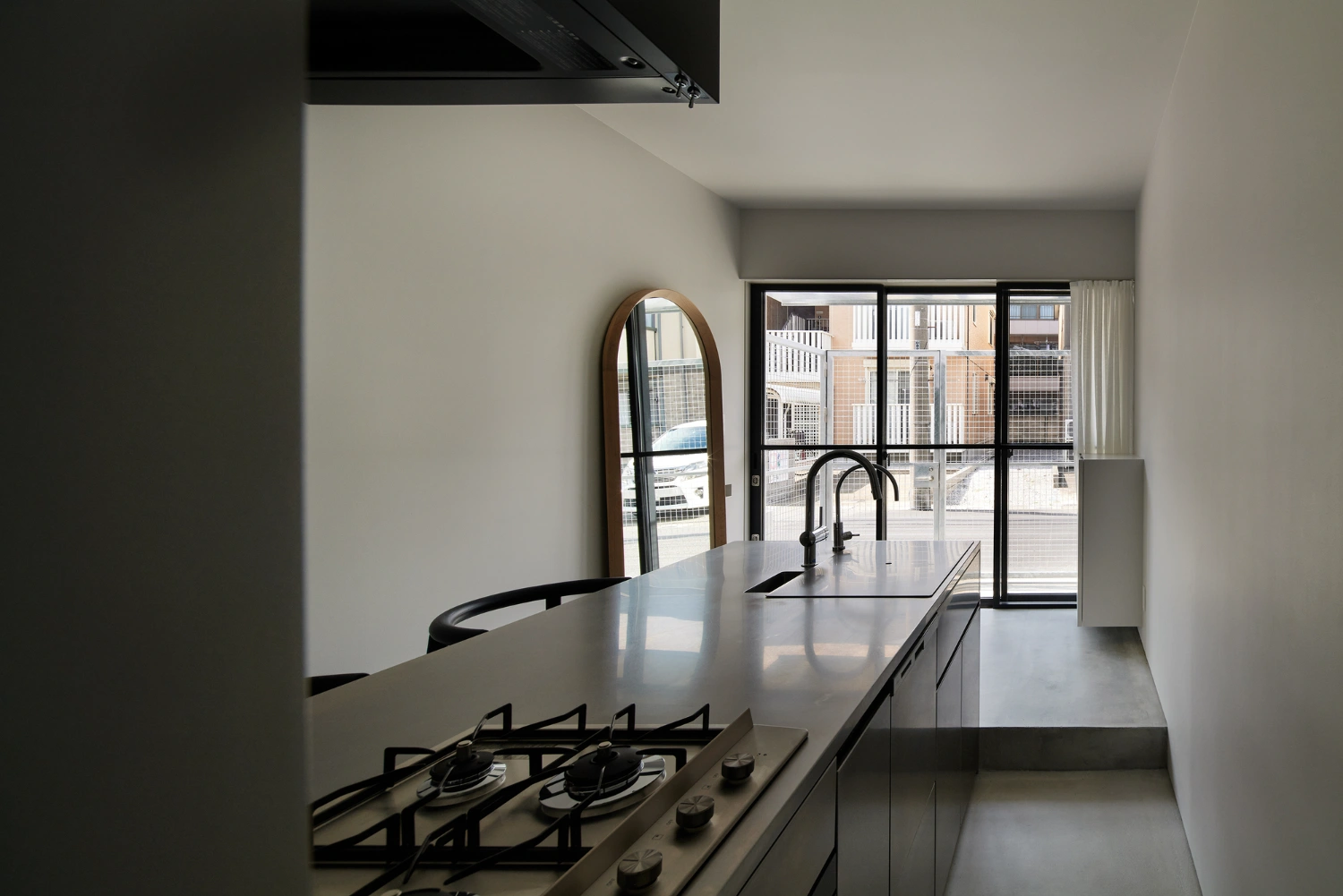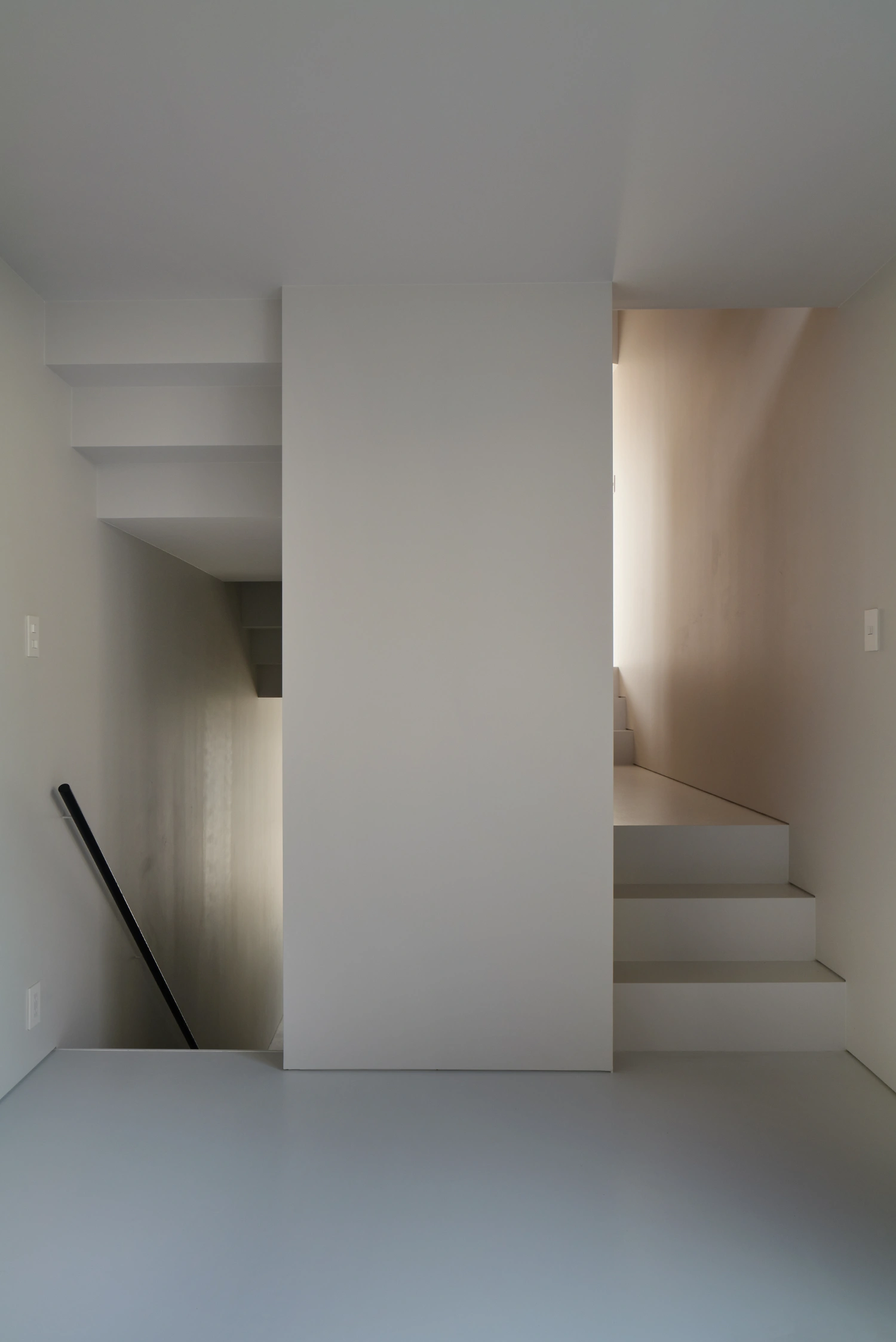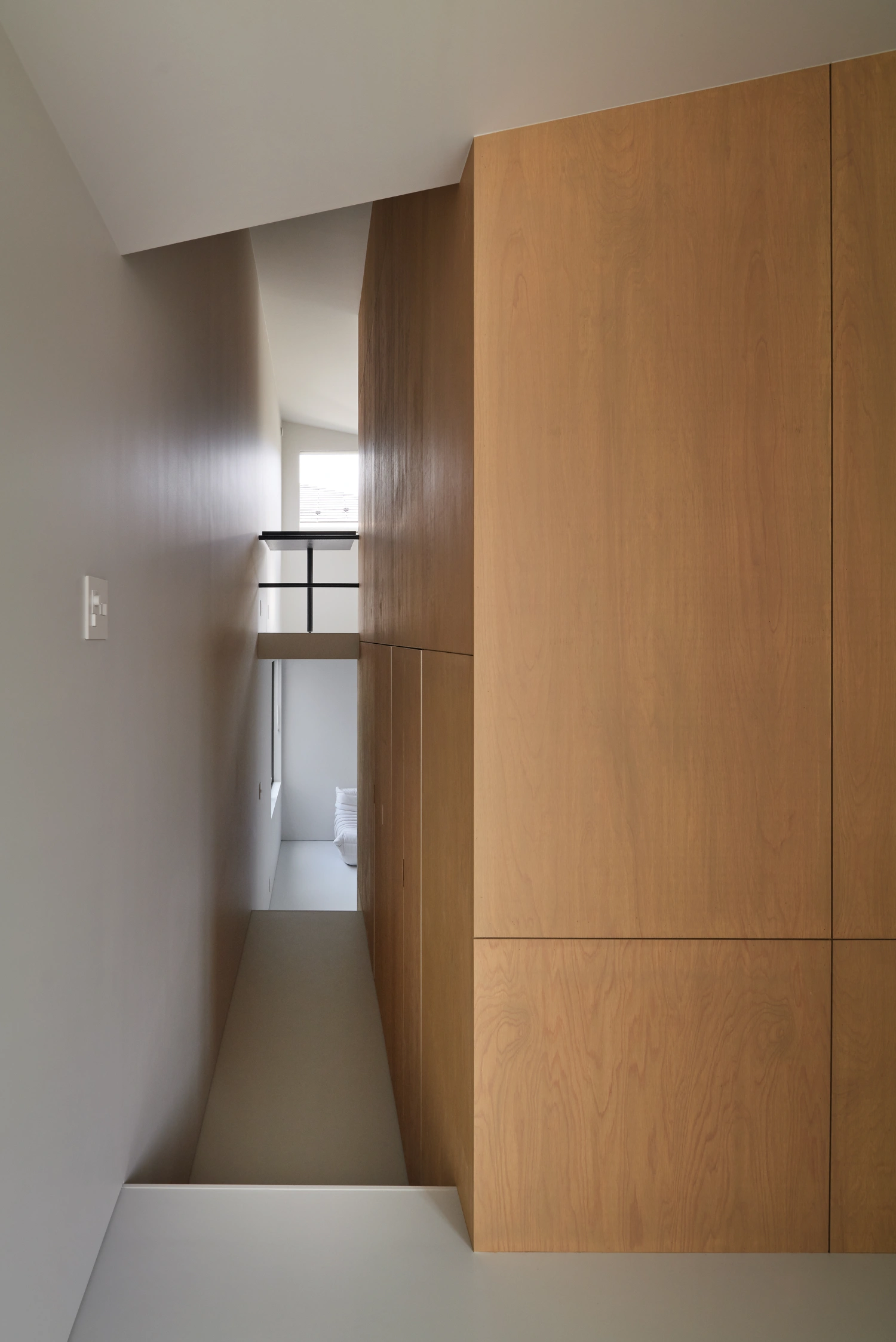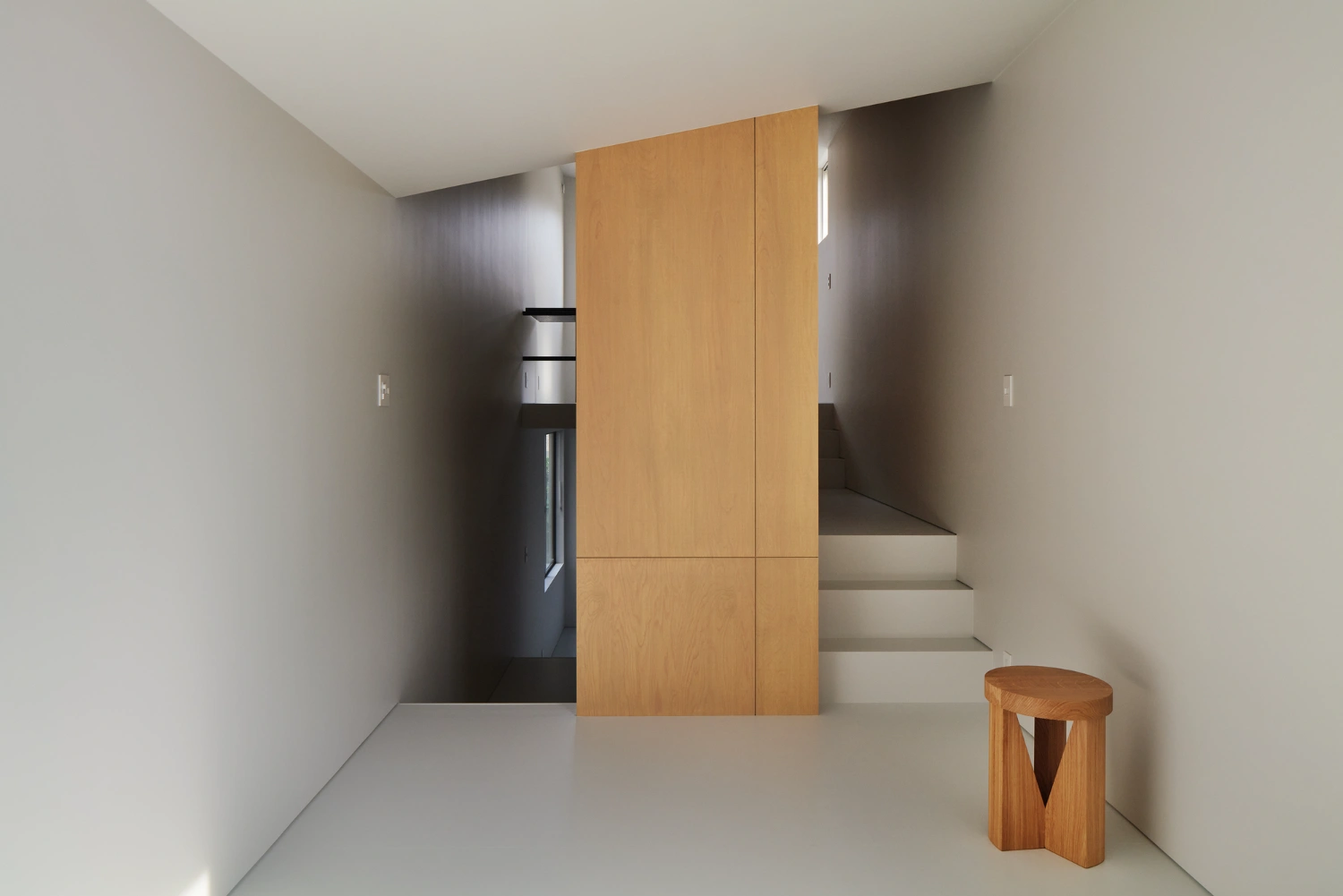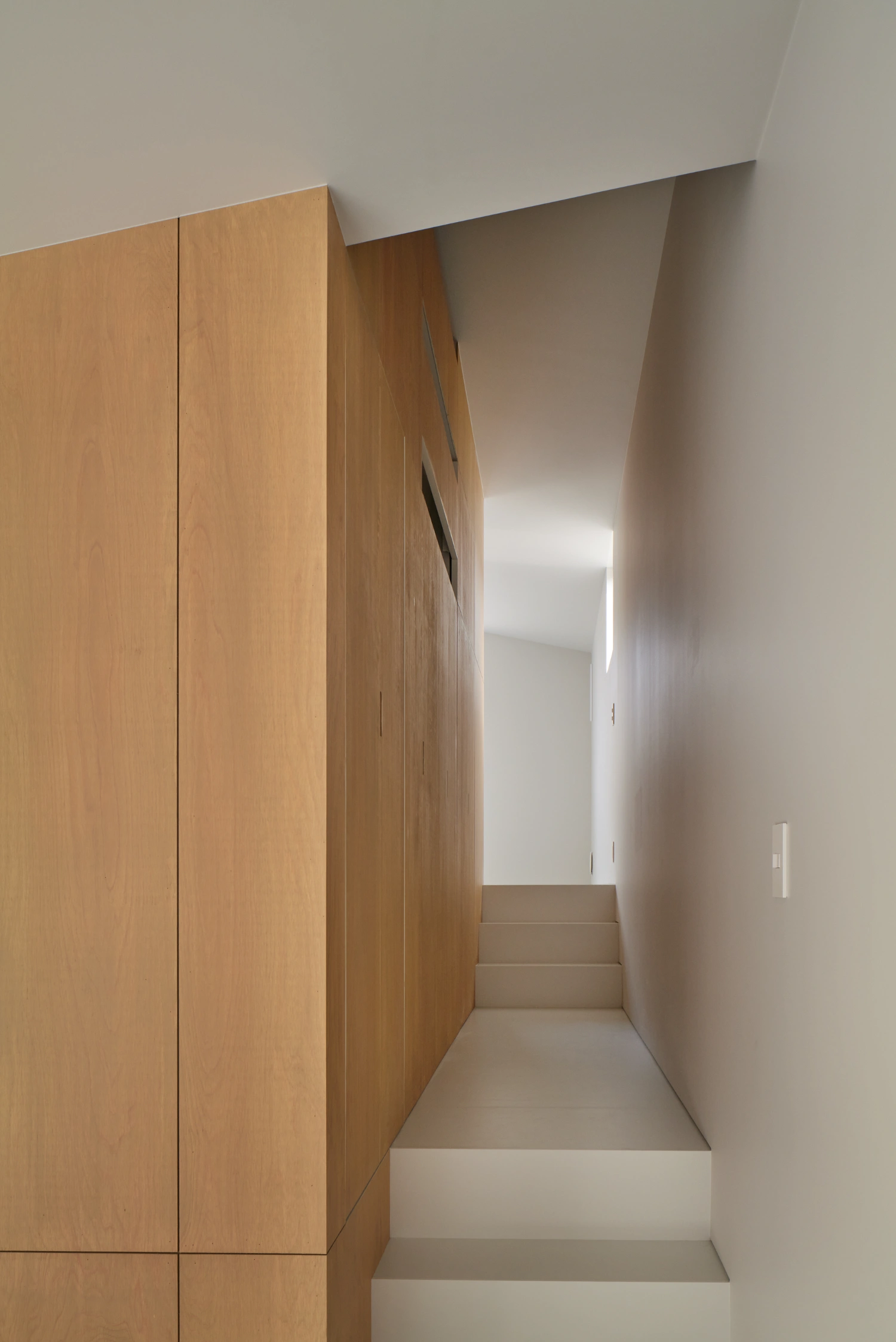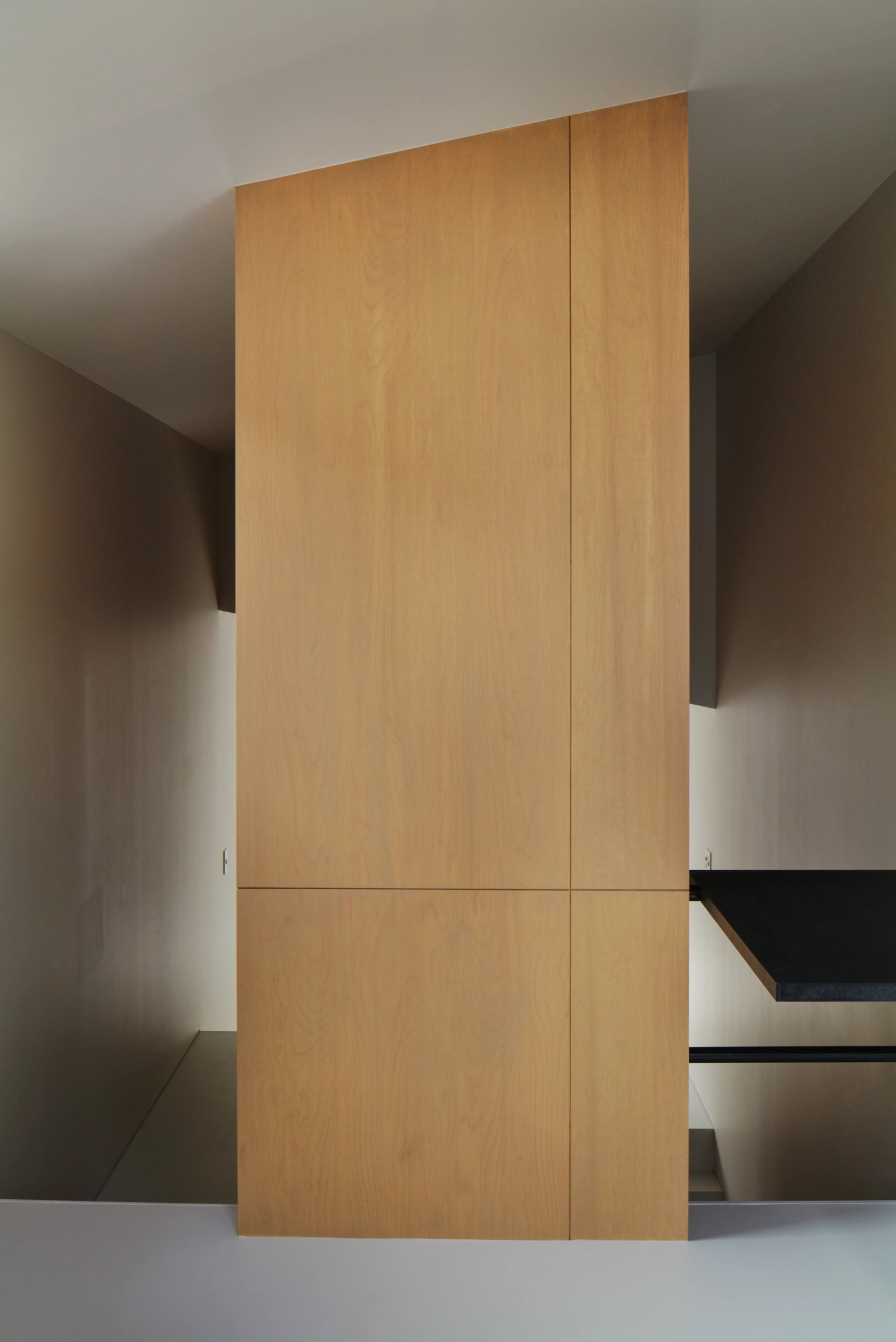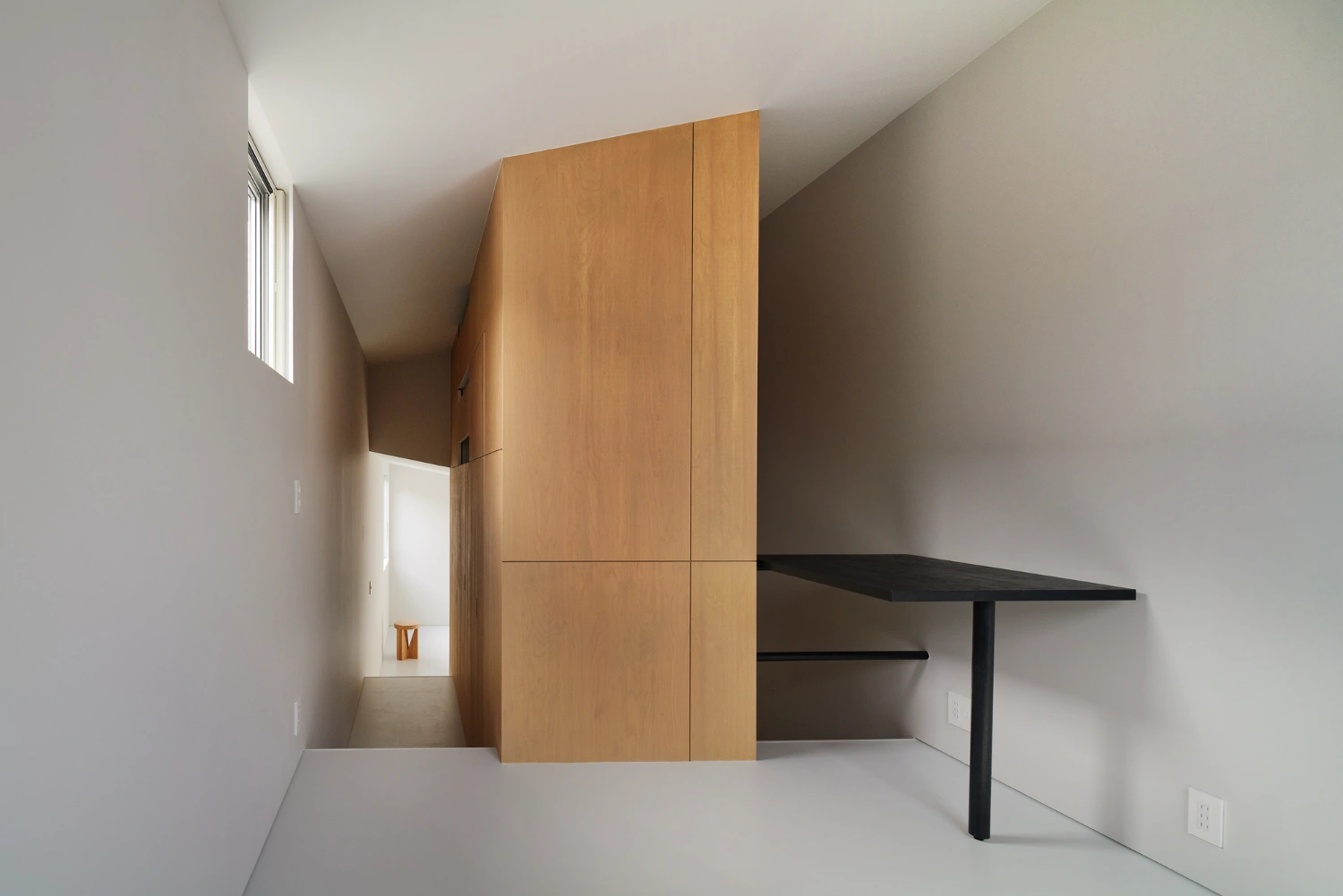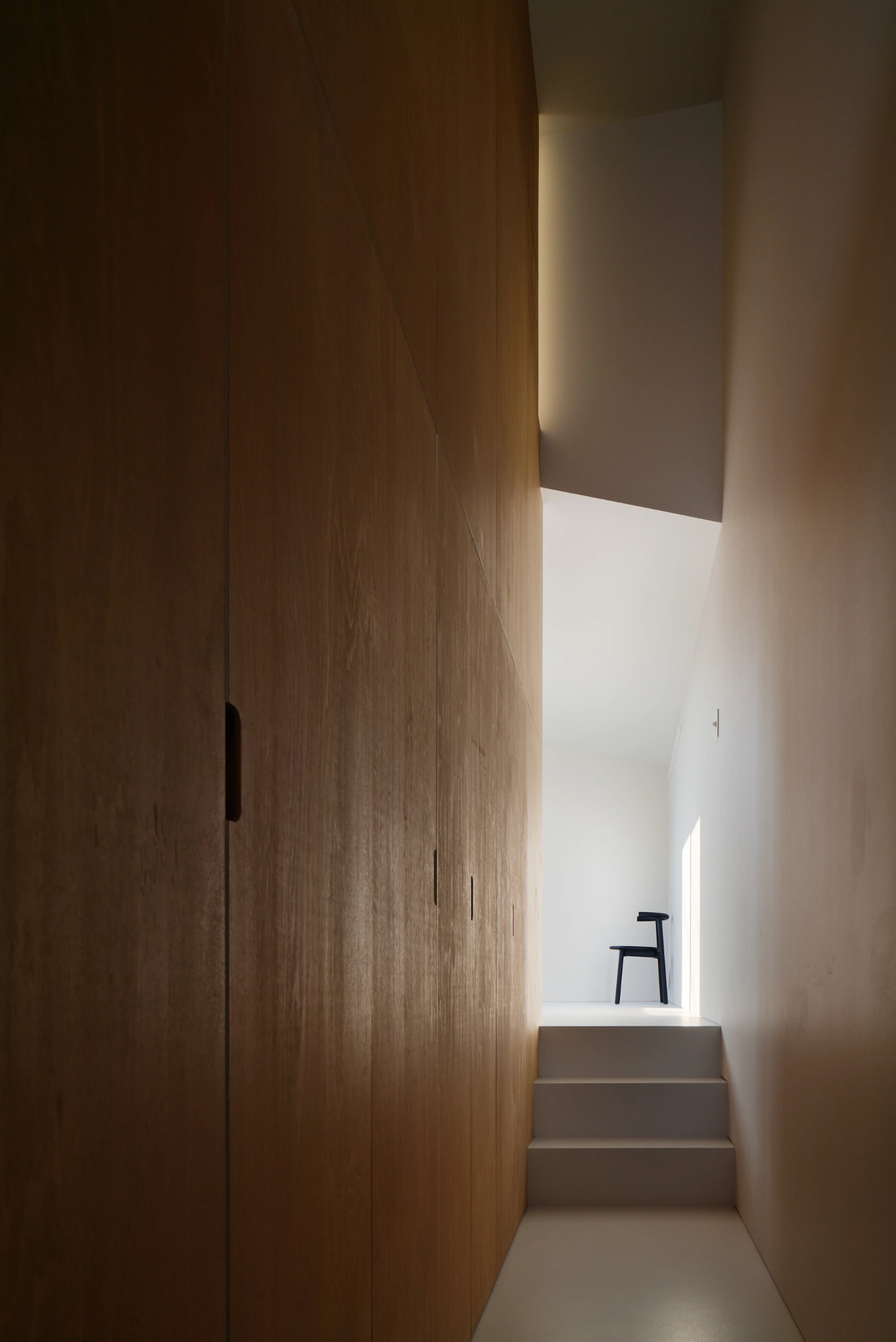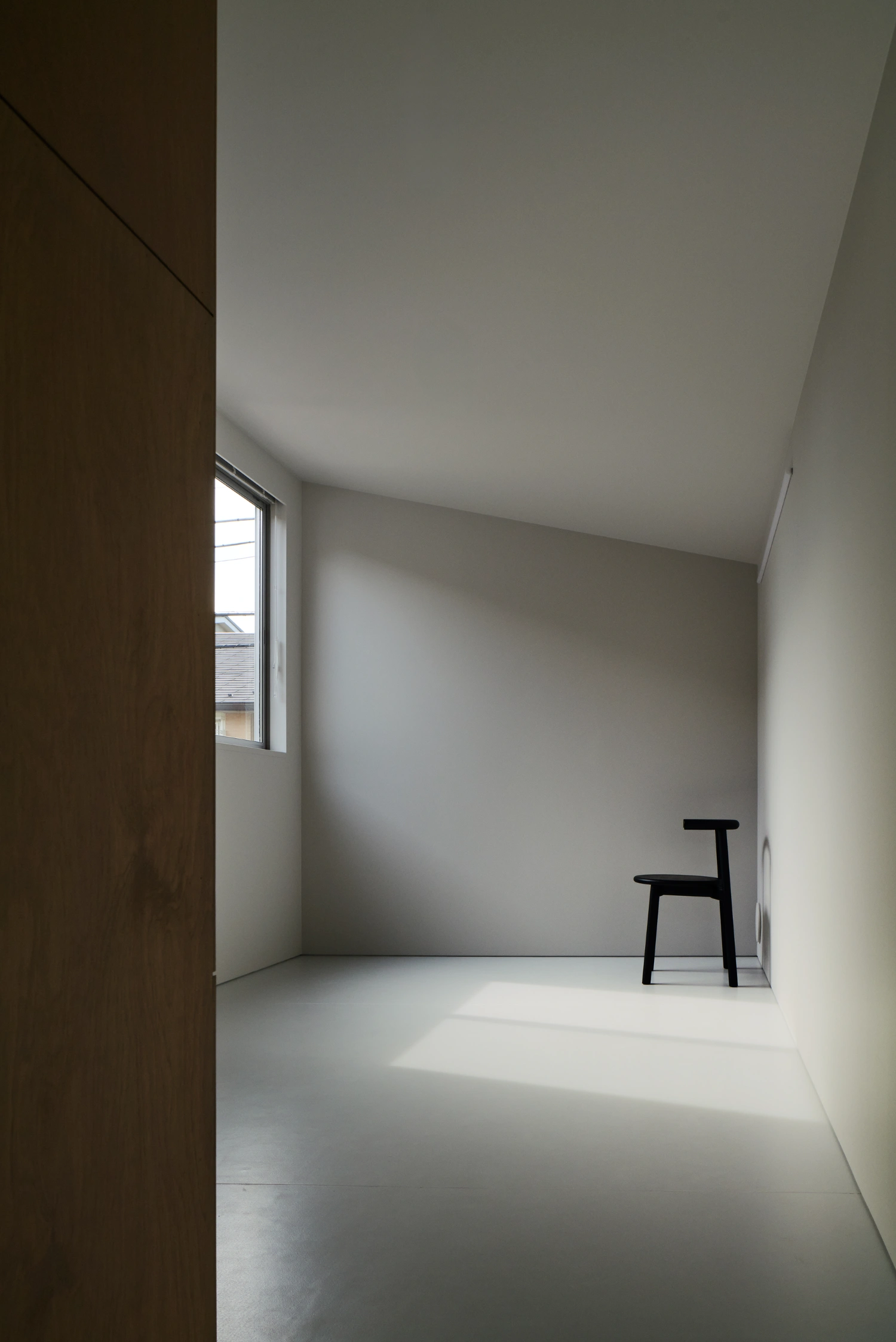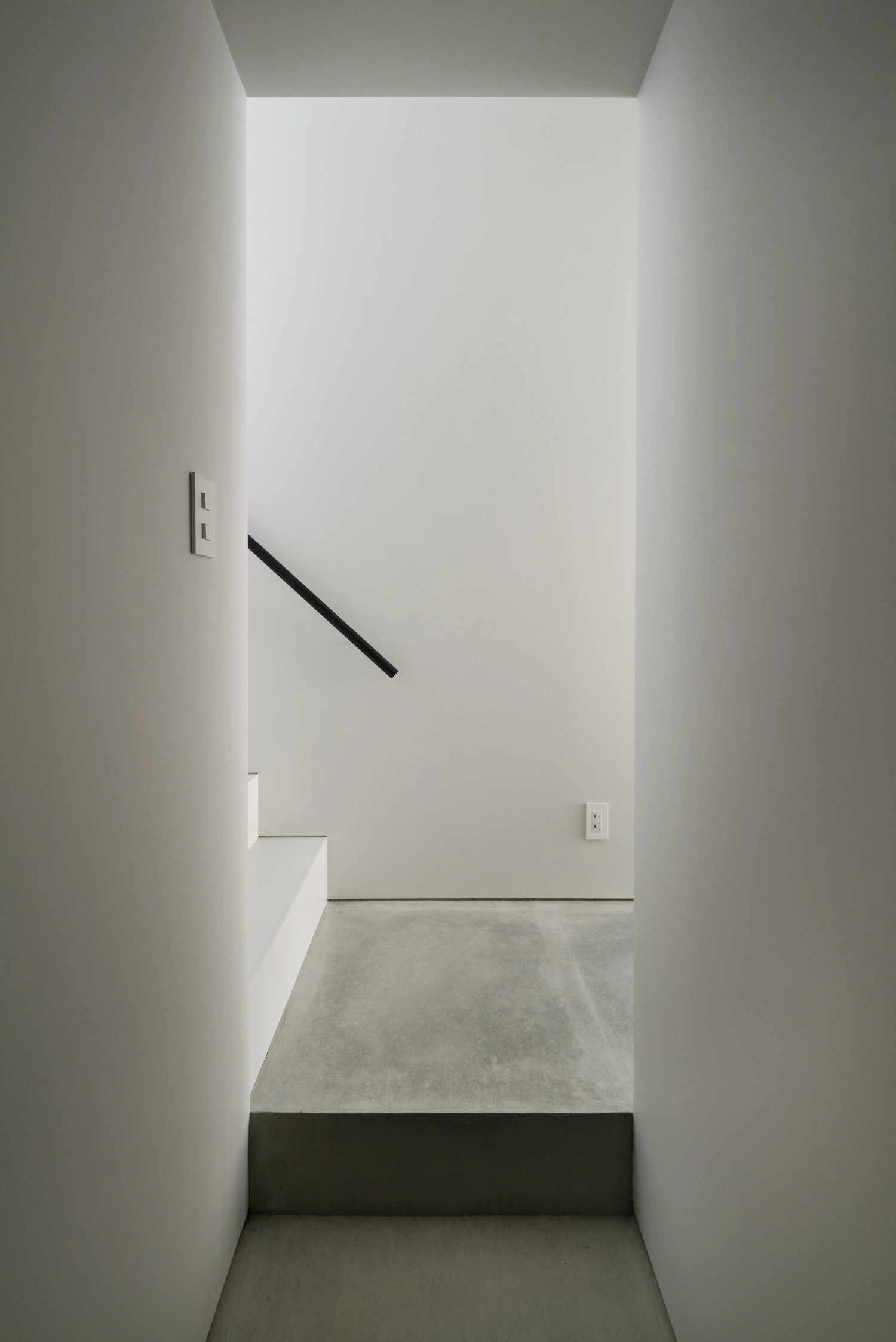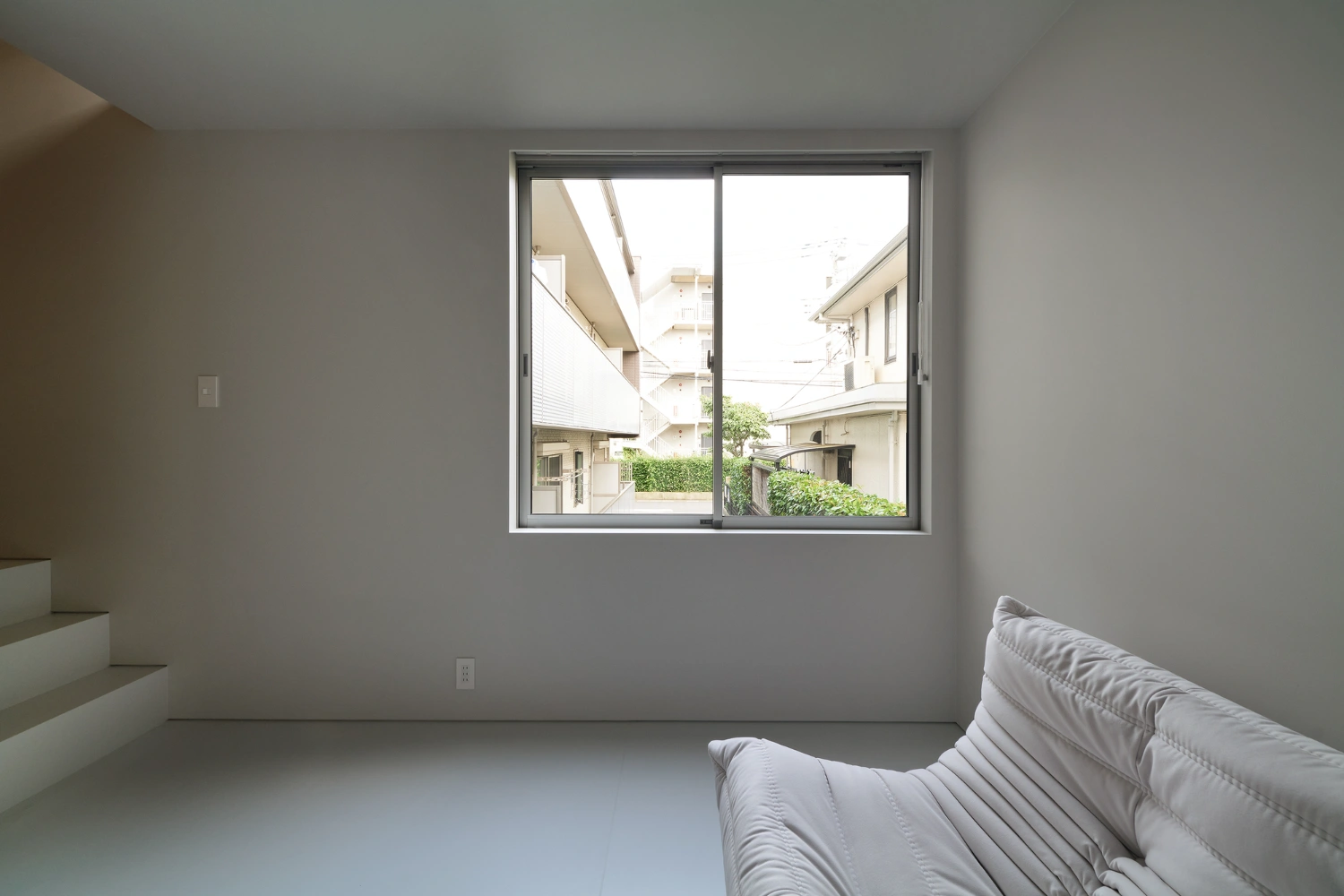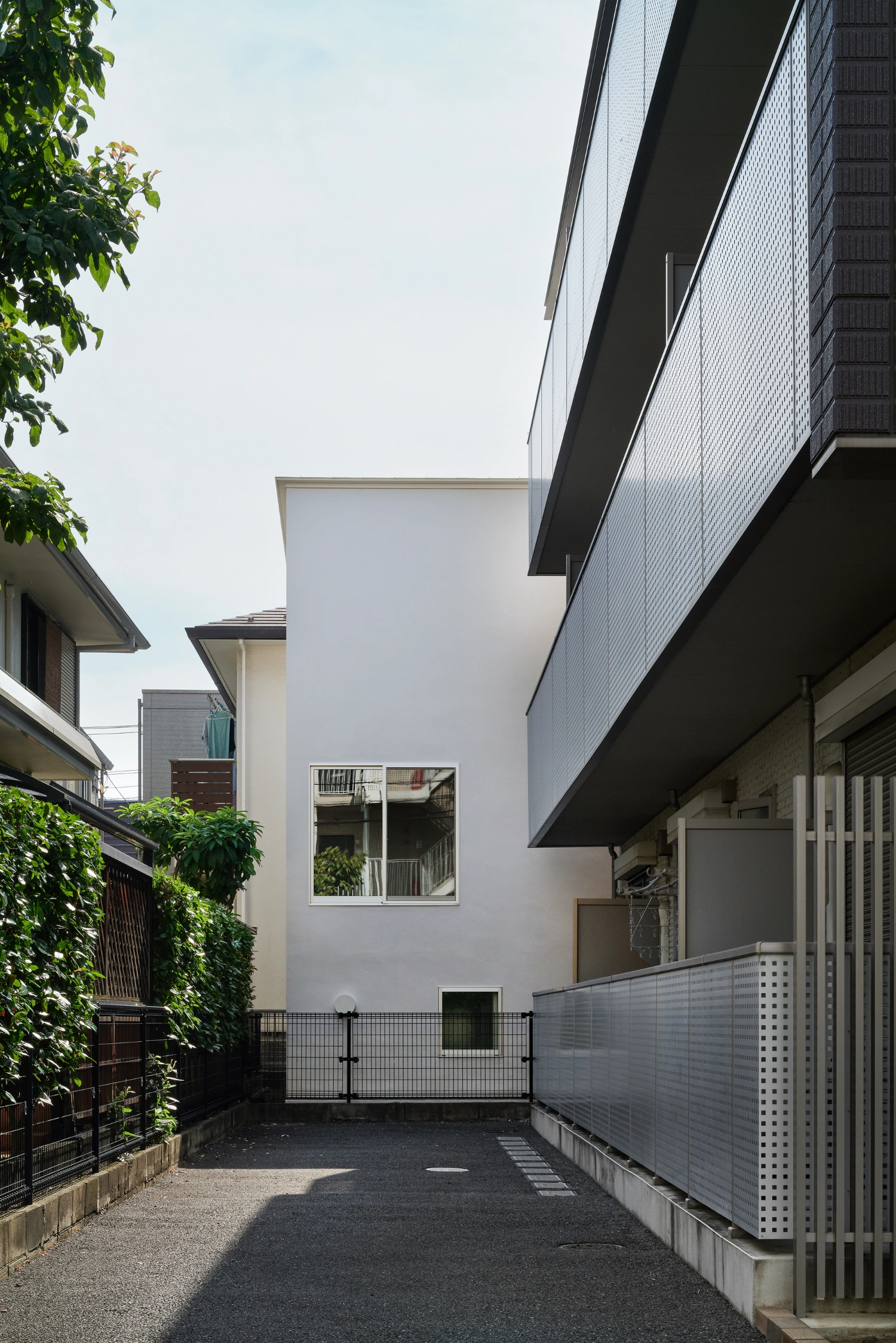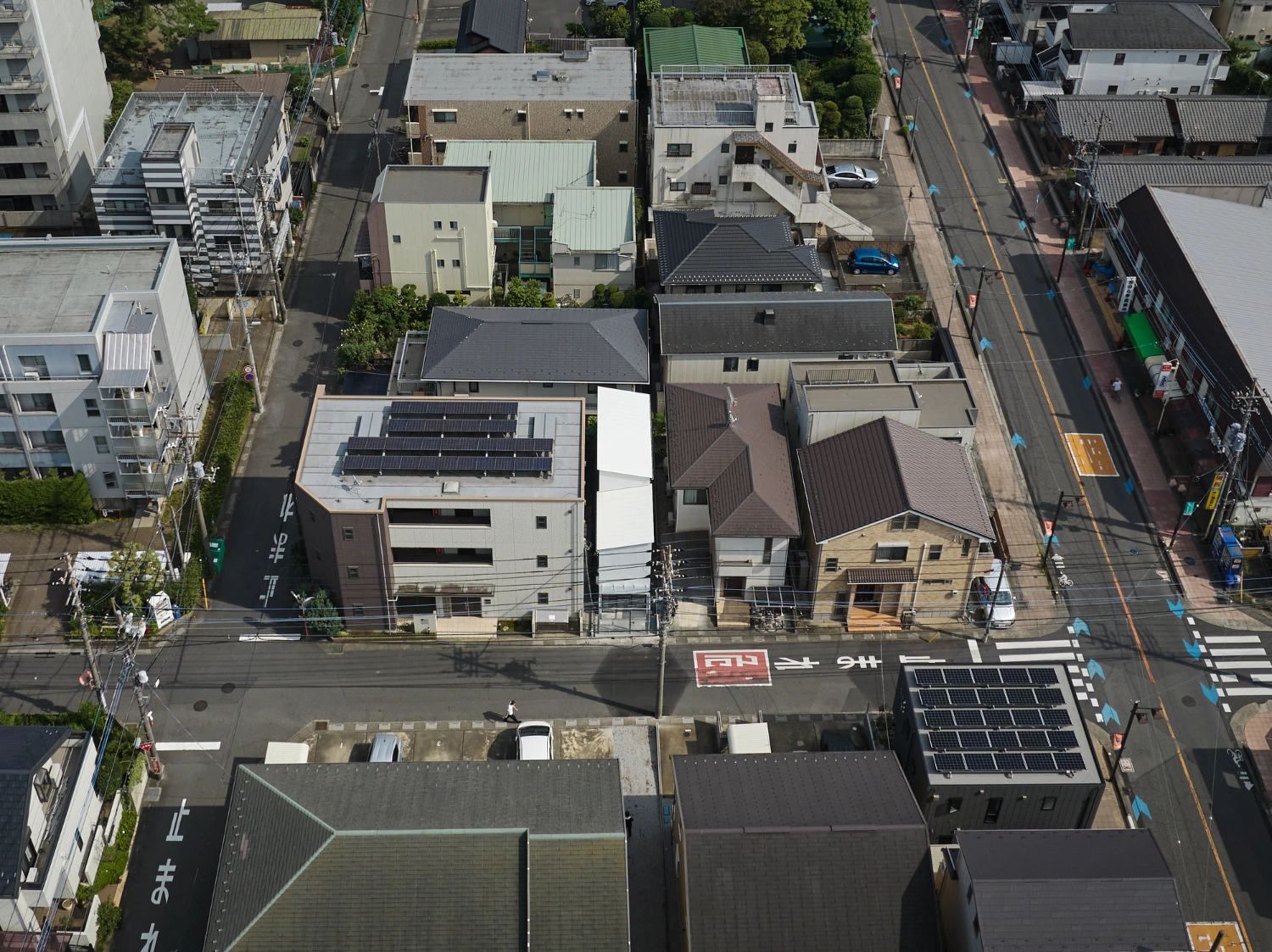Tucked within the narrowest of urban fissures—a 2.5-meter-wide void once used as a parking space—Retreat House by Arii Irie Architects resists Tokyo’s saturated typologies with unexpected nuance.
Located on the suburban fringe of the metropolis, this single-family residence is an architectural act of compression and clarity, reimagining spatial intimacy not as a compromise, but as a proposition.
The house’s plan pivots around a voluminous, autonomous storage core, flanked by staggered half-level floors that rise and fall like quiet breaths. In eschewing doors, Arii Irie introduces a choreography of movement through elongated staircases—both corridor and conduit—that blur the distinctions between circulation and dwelling. These passageways, spatially reminiscent of medieval alleyways, cultivate a rhythm that softens the domestic into a contemplative terrain.
By installing an oversized chest at its core, the architects purposefully destabilize the interior scale, turning the compact shell into something psychologically expansive. This gesture not only muddles traditional hierarchies of use but underlines the mutable identity of home. What emerges is a kind of spatial poem—one of light, timber, and temporal flow—that gently counters the noise of contemporary urbanism.

